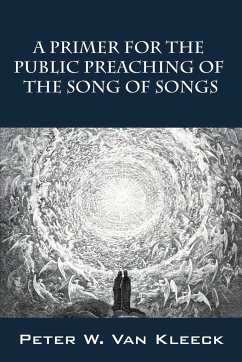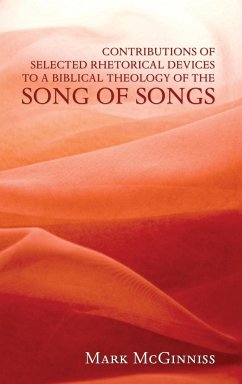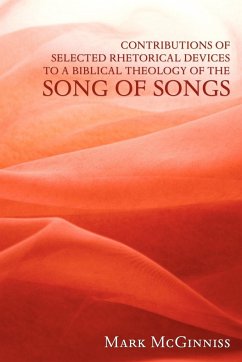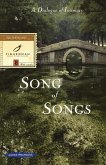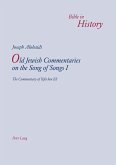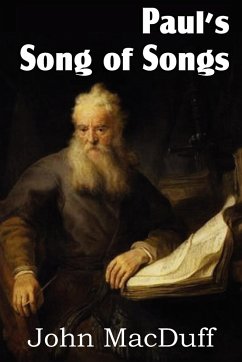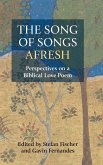Two questions are asked and answered relating to the public preaching of the Song of Songs: 1. Is all the Bible meant to be preached?; 2. Is there anything in the Bible that is harmful to the reader? The first question was answered in the affirmative. Nothing in the Bible qualifies some of its content to be preached and other sections to be disregarded. As to question no. 2, this book argues with our Reformation era forefathers for the inseparability of the Word and Spirit, as Calvin wrote, the "word is the image of the Spirit." If the Song was meant to be preached, and, there is nothing harmful in the Song, why is the Song commonly ignored in the pulpit? This book was written to address four separate but inter-related concerns regarding the public articulation of the Song of Songs. The first was to make a contribution to the legitimacy of the literal rendering of the Song. This focus took two paths, one positively arguing for a literal rending and another exposing the futility of allegorization. Presenting exegetical, philosophical and historical evidence, a succinct case is built for the literal rendering. The substance of the argument shows the exegetical strength of the literal interpretation and the weakness of the allegorical rendering which forces the Song to meet the interpreter's chosen design. The second was to make an appeal for its teaching. An historic, ecclesiastical prejudice that Velthusen calls "unascertainable" has been held against the Song for its romantic context. In an attempt to aid in undoing this opposition, Biblical support is given for the utility of the Song and the crucial importance of its content for the church and society. The third was to provide the teacher with a paradigm for presenting the content of the Song in an open, public setting. The emphasis of the Song is upon romance not sex. While some commentators find the Song saturated with sexual imagery and innuendo, an exegetical evaluation of the diction and grammar wil
Hinweis: Dieser Artikel kann nur an eine deutsche Lieferadresse ausgeliefert werden.
Hinweis: Dieser Artikel kann nur an eine deutsche Lieferadresse ausgeliefert werden.

